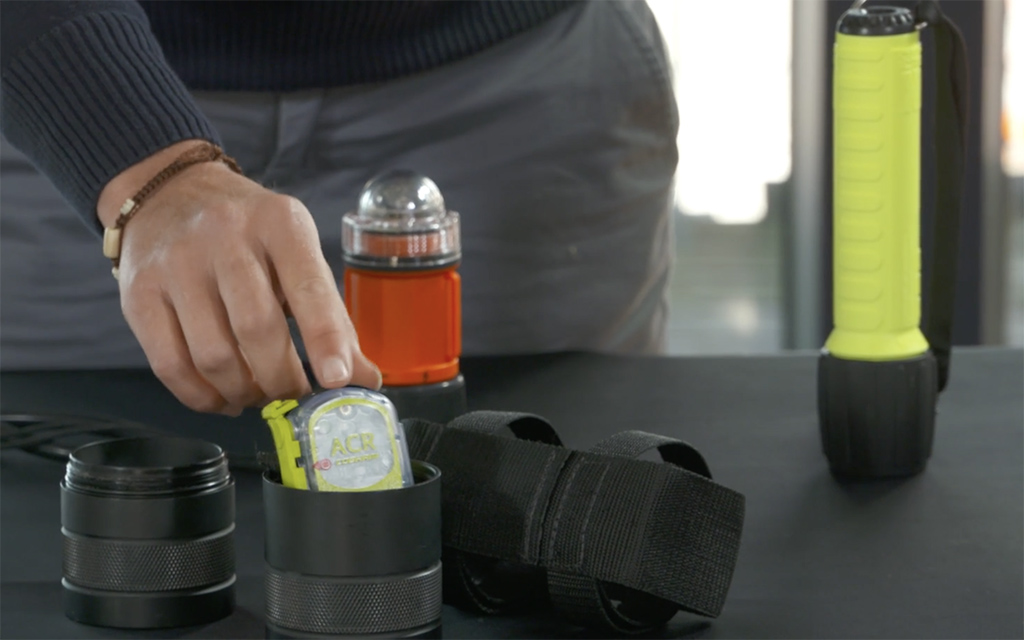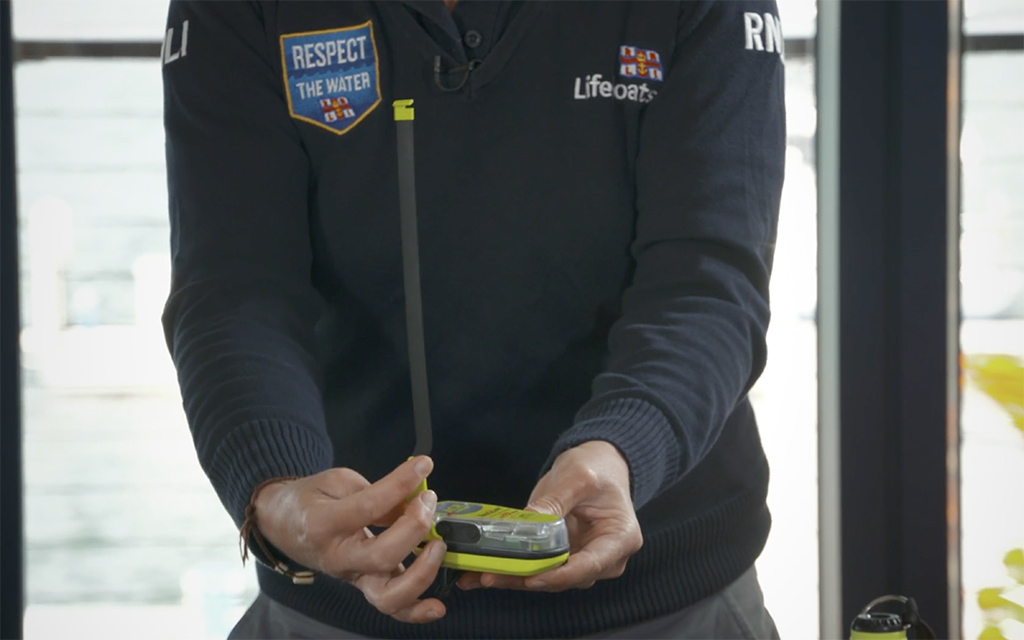
The Maritime and Coastguard Agency (MCA) has launched a public consultation on a package of measures which could make search and rescue response faster and simpler for people carrying Personal Locator Beacons (PLBs) on the water.
The MCA is proposing an update to bring PLBs under the same registration requirements that currently apply to Emergency Position Indicating Radio Beacons (EPIRBs).
The change would require people to register their current and any new PLBs with the MCA – free of charge – if they are used in a maritime environment, ranging from sea and coast to inland rivers and lakes.
Registration means that when a PLB is activated, HM Coastguard can use the details to identify, verify and locate the person in distress and send help more quickly and effectively in an emergency.
What is a Personal Locator Beacon?
PLBs broadcast a location on the same 406MHz frequency as bigger EPIRBs but are designed to be worn on the body, rather than on a vessel or life raft, and are always manually activated.
The set of updates also reflects changes in technology and extends registration obligations to hovercraft and other types of watercraft.

Linda Goulding, UK Distress and Security Beacon Registry Manager, said:
Spending just 15 minutes registering a PLB online could make all the difference to being found and recovered safely from a life-threatening situation.
Simply register any existing 406MHz PLBs, and any new ones you buy in future, on our customer self-serve webpage, as people currently do with their EPIRBs.
She added that PLB owners should ensure they keep their registration up to date to ensure search and rescue teams can find them in an emergency. Visit the GOV.uk portal to register a PLB or EPIRB.
Have your say
To respond to the consultation by the deadline of 30 January 2025, click here.




